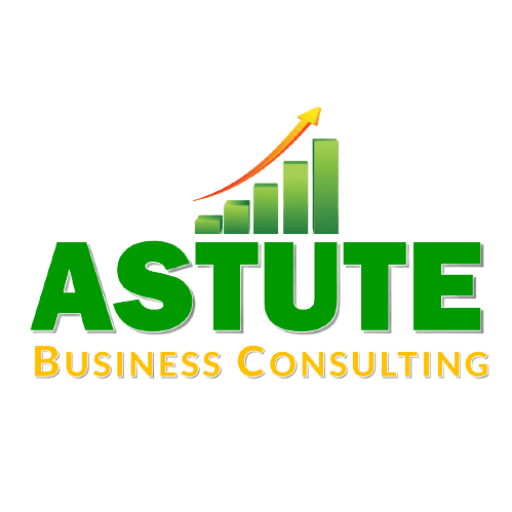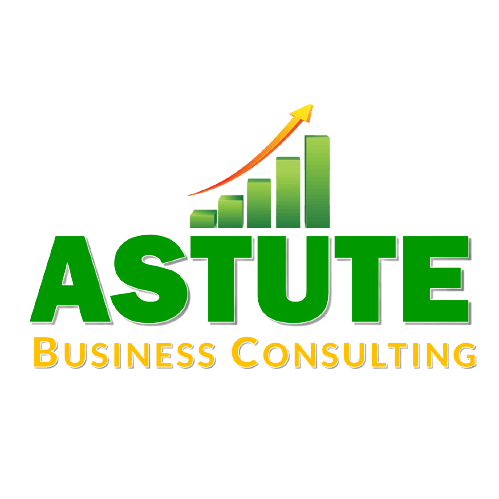Imagine having a line of potential clients eager to sign up for your products or services, without the constant struggle to chase after them. What if I told you that you could have a winning sales process that not only converts more leads but does so quickly? Many business owners in Ghana face the same challenge: their sales processes don’t deliver the results they need, and they lose out on potential growth. But by applying a proven strategy, you can change this today. The key is to create a sales process that captures interest, nurtures relationships, and closes deals—efficiently. Let’s explore how you can achieve that.
Understanding the Winning Sales Process
At its core, a winning sales process is a structured series of steps that guide a lead from awareness to purchase. While some business owners in Ghana assume that simply talking about their products or services will convert leads, this is far from true. A winning sales process ensures that every interaction with a potential client is intentional and moves them closer to making a purchase. Think of it as a roadmap that helps you stay on track and leads your prospects exactly where you want them to go.
Take the case of Kofi, a business owner who runs a solar energy company in Accra. Kofi’s company was generating a lot of leads through social media ads, but most of these leads never converted into actual customers. His sales process was informal—he would call prospects once, send them a quote, and hope for the best. Unsurprisingly, his results were poor. He needed a clear winning sales process to guide his interactions.
Step 1: Generate High-Quality Leads for Your Winning Sales Process
The first step in creating a winning sales process is generating leads. But not just any leads—high-quality leads. This means people who are genuinely interested in your product or service and have the potential to become paying customers. Many Ghanaian businesses often make the mistake of targeting too broad an audience. This results in wasting time on leads that will never convert.
For instance, Afia, who owns a catering business in Kumasi, used to run Facebook ads targeting everyone in her area. She was getting hundreds of inquiries, but only a few of them actually needed catering services. After refining her target audience to focus on corporate events and weddings, she saw a dramatic increase in conversions. Her winning sales process became more efficient because she was now focusing on leads with a genuine interest.
Actionable Tip: Use tools like Facebook Audience Insights or Google Analytics to identify your ideal customer and tailor your marketing efforts to attract them. This ensures that the leads entering your winning sales process are relevant and easier to convert.
Step 2: Build Trust Through Nurturing in Your Winning Sales Process
One of the biggest reasons why leads don’t convert is that they don’t trust you yet. Especially in the Ghanaian context, where customers often prefer dealing with businesses they know, building trust is crucial. After generating a lead, your next step in your winning sales process is to nurture that relationship.
In Kofi’s case, his solar energy company started sending out educational content to leads, explaining the benefits of solar energy in the Ghanaian context, the cost savings, and how easy the installation process is. Over time, the leads began to trust the brand more because they saw Kofi as an authority in the field. He wasn’t just trying to sell them something; he was educating them and providing value.
Actionable Tip: Use automated email marketing tools like Mailchimp or Snovio to stay in touch with your leads. Send them relevant information about your industry, success stories, and tips on how your product or service can solve their problems. This keeps your brand top-of-mind while building credibility, an essential part of your winning sales process.
Step 3: Streamline Communication in Your Winning Sales Process
Speed is key when it comes to converting leads. Delays in communication can cause you to lose potential customers to competitors. A winning sales process must ensure that you respond to leads quickly and provide them with the information they need without unnecessary delays.
For example, a software company in Ghana, Radecell Solutions, increased its conversion rate by implementing a 24-hour response policy. Whenever a potential client made an inquiry, they were guaranteed a response within 24 hours, with a personalized quote and a follow-up meeting scheduled. The quick turnaround time gave the impression of professionalism and made clients feel valued.
Actionable Tip: Consider using a CRM (Customer Relationship Management) system like Zoho or HubSpot to track your leads and automate follow-ups. These tools will help you stay organized and ensure you never miss an opportunity because of slow communication in your winning sales process.
Step 4: Present a Clear Value Proposition in Your Winning Sales Process
Once you’ve built trust and communicated effectively, the next step is to clearly present your value proposition. What problem does your product or service solve? How is it better than what the competition is offering? In the Ghanaian business landscape, many customers are cautious about spending, so it’s important to show them why they should choose you over others. Your value proposition must speak directly to their needs, address their pain points, and present a compelling solution as part of your winning sales process.
For example, Kwame, who runs a digital marketing agency in Cape Coast, struggled to differentiate his services from other competitors. After refining his value proposition, he started emphasizing his unique offer: “We guarantee a 25% increase in your social media engagement within the first month, or you get a refund.” This bold statement made potential clients feel confident in his services, and his conversion rates improved dramatically.
Actionable Tip: Focus on the results your product or service can deliver. Whether it’s saving time, reducing costs, or increasing revenue, make sure your value proposition is clear, concise, and irresistible in your winning sales process.
Step 5: Close with Confidence in Your Winning Sales Process
Now that you’ve guided your lead through the process of generating interest, building trust, and presenting a clear value proposition, it’s time to close the deal. A common mistake many business owners in Ghana make is being too passive during the closing stage. When it’s time to ask for the sale, you need to do so confidently and without hesitation as part of your winning sales process.
Take the case of Ama, who runs a logistics company in Tema. Her sales team would often hesitate when it came to closing deals, thinking that leads needed more time. As a result, many potential clients slipped away. After receiving training on closing techniques, the team started using a direct approach: “We can begin work on this today. Should I send you the contract to sign now?” This assertiveness increased her close rate by 40%.
Actionable Tip: Practice your closing techniques and train your team to be confident when asking for the sale. Phrases like “When would you like us to start?” or “Can we send over the final paperwork today?” can help nudge prospects towards making a decision as part of your winning sales process.
Step 6: Follow Up for Repeat Business in Your Winning Sales Process
Your winning sales process doesn’t end once you’ve closed a deal. Following up after a sale is crucial for turning one-time buyers into repeat customers. In Ghana, where word-of-mouth recommendations carry a lot of weight, maintaining strong relationships with clients can lead to valuable referrals.
Consider the example of Joseph, who owns a construction company in Kumasi. After completing projects, his team would follow up with clients to check if they were satisfied and if they needed any further assistance. This simple step not only earned him repeat business but also led to referrals for new projects. His clients appreciated the attention to detail and personal touch, which set him apart from competitors.
Actionable Tip: Implement a follow-up system to check in with clients after every sale or project. Whether it’s a thank-you call, an email, or even a discount for future services, this small gesture can go a long way in building lasting relationships and reinforcing your winning sales process.
Conclusion: Time to Implement Your Winning Sales Process
Creating a winning sales process that converts more leads quickly isn’t about making drastic changes overnight—it’s about building a structured approach that ensures every lead is guided efficiently through each stage. By generating high-quality leads, building trust, streamlining communication, presenting a clear value proposition, closing confidently, and following up for repeat business, you can significantly boost your conversion rates.
At Astute Business Consulting, we understand the challenges Ghanaian business owners face when it comes to converting leads and growing their customer base. We specialize in helping businesses optimize their sales processes through ISO quality management systems, ensuring not only fast growth but also long-term sustainability.
If you’re ready to transform your sales process and start converting more leads quickly, contact us today for a free consultation. Let’s work together to build a winning sales process that drives real results for your business!


